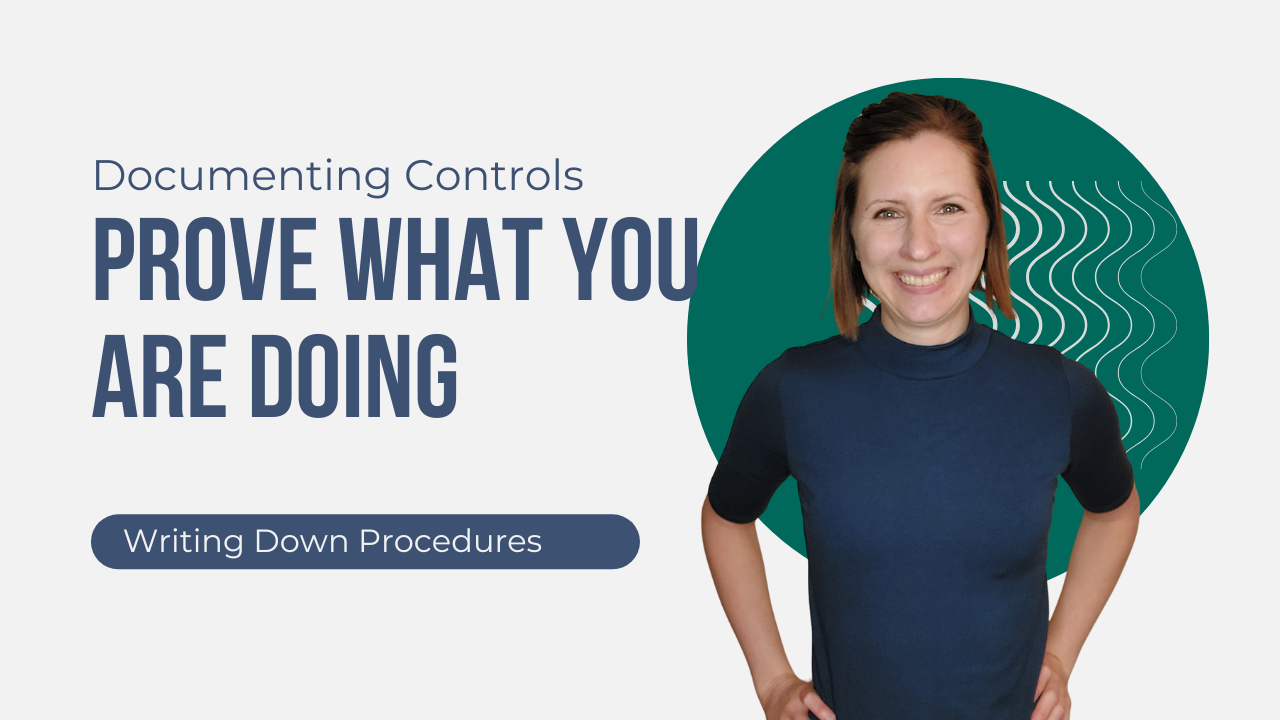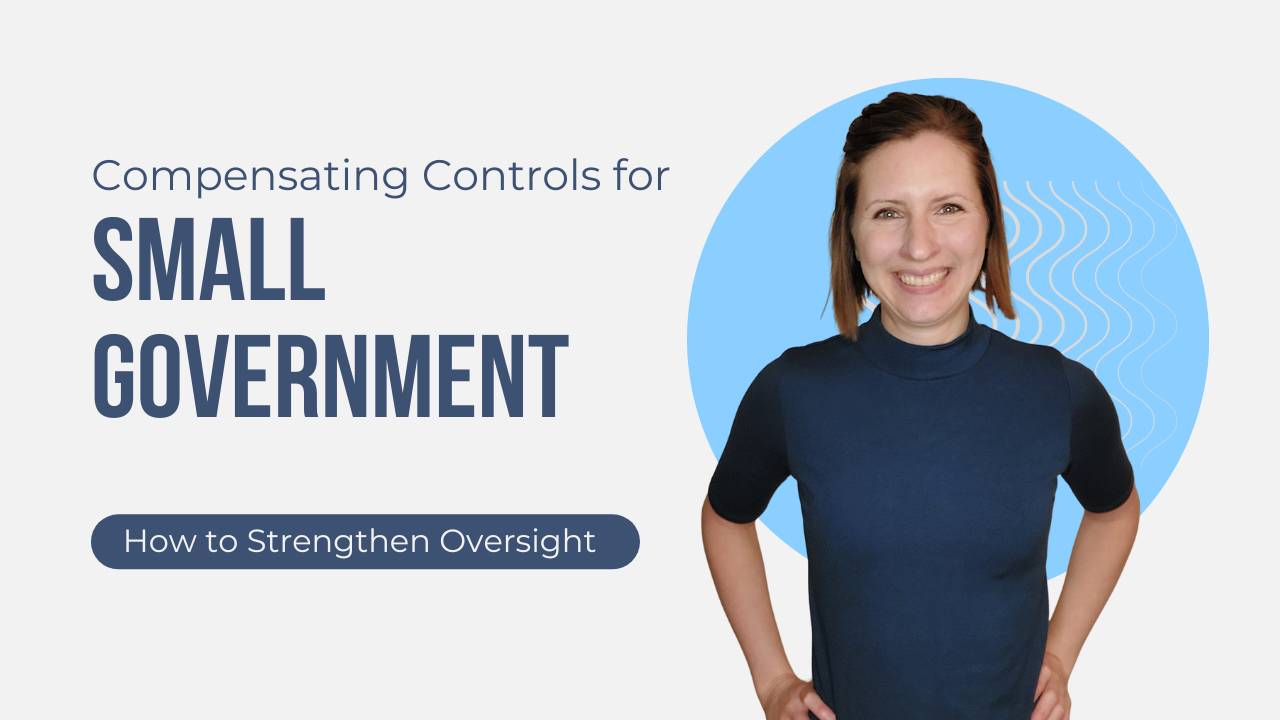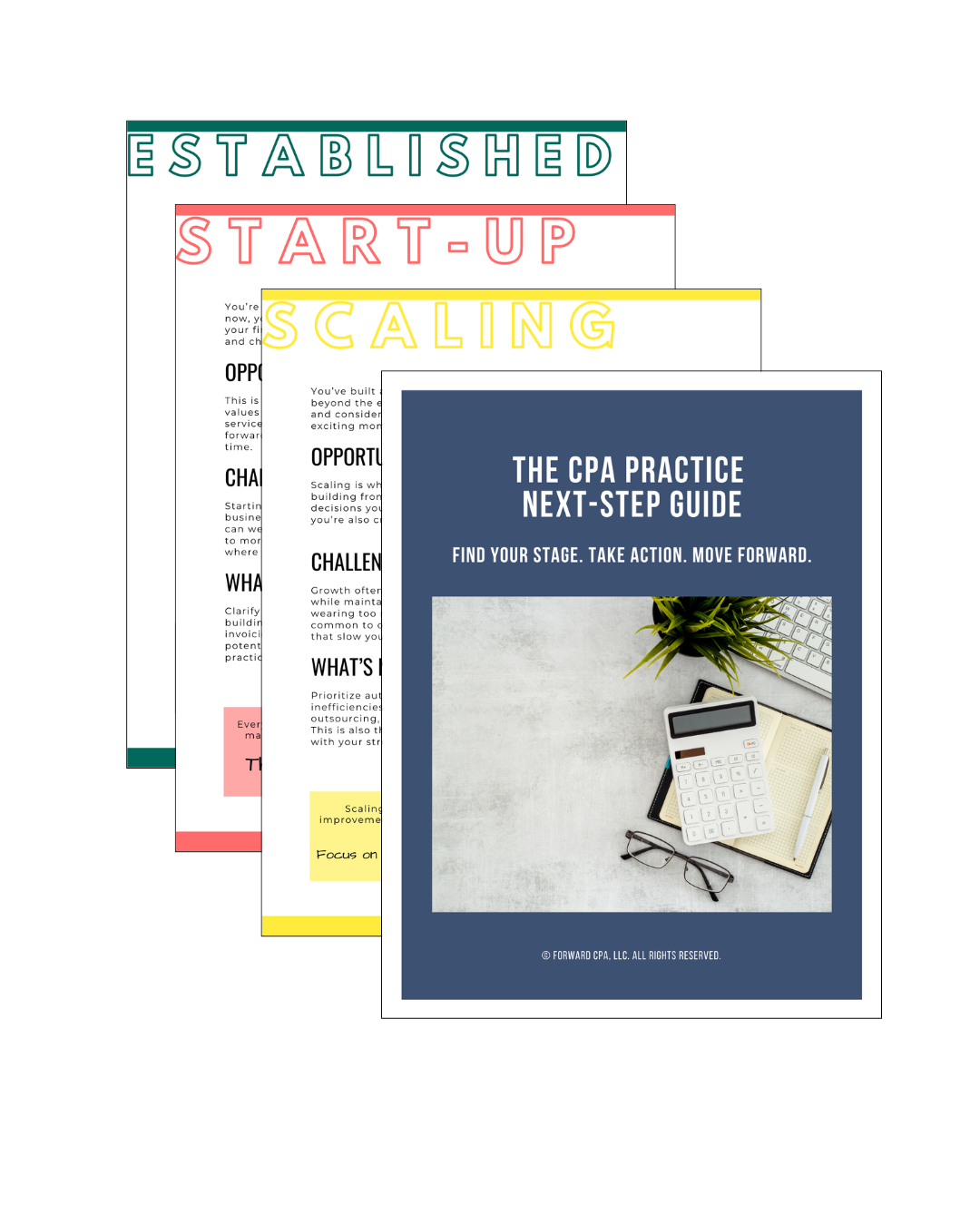How to Train a Seasonal Auditor in One Week or Less
Nov 15, 2025
Audit season is here. You’ve got a full calendar, deadlines stacking up, and a new seasonal staff member starting Monday.
They’re smart. They’re eager. But they don’t know your templates, your systems, or the ins and outs of a government audit.
You don’t have time for a two-week training program.
But you can get them up and running in five days or less—if you focus on what matters most.
Here’s how to train a seasonal auditor quickly, confidently, and effectively—without burning time or overwhelming them.
Step 1: Start with the Why (Day 1 Morning)
Before diving into checklists and folders, give your seasonal hire the big picture.
If they understand the purpose of what they’re doing, they’ll ask better questions and make fewer mistakes.
✅ Cover:
-
What makes government audits unique (fund accounting, modified accrual, etc.)
-
Who your clients are (schools, cities, districts)
-
What the audit is trying to accomplish (fair presentation + compliance)
-
How your firm approaches audits (timeline, client communication, file structure)
Goal: Set context. Remove fear. Create clarity.
Step 2: Walk Through the Audit File (Day 1 Afternoon)
Take them on a guided tour of a completed audit file—preferably one from the prior year that closely matches the engagements they’ll be working on.
✅ Highlight:
-
Folder structure and file naming conventions
-
Trial balance and tie-outs
-
Key workpapers they’ll help with (e.g., bank recs, capital assets, debt, AJE log)
-
The difference between prepared work and reviewed work
-
Where to save new documents and how to update versions
Bonus: Record this walkthrough for future staff onboarding.
Step 3: Assign a Repetitive, Template-Driven Task (Day 2)
Don’t start with high-risk areas. Start with a task they can learn and repeat across multiple engagements.
✅ Ideal first tasks:
-
Update capital asset templates with current year additions
-
Prepare bank reconciliation tie-outs
-
Organize PBC folders and upload documents
-
Complete control walkthrough forms based on client interviews
-
Roll forward AJE logs and input adjusting entries
Tip: Use one engagement as a sandbox. Let them learn by doing—with your review built in.
Step 4: Give Feedback Daily (Days 2–5)
Quick feedback beats delayed corrections. Review their work the same day, and use it as a teaching moment.
✅ Try this format:
-
What went well
-
What needs fixing (and why)
-
A tip to improve speed or accuracy next time
Keep it constructive and brief—your goal is to build momentum, not perfection.
Step 5: Layer in Complexity as They Gain Confidence (Days 3–5)
Once they’ve nailed one task, add another. But keep assignments within a specific audit area so they can build context.
✅ Progression example:
-
Tie out cash balances
-
Reconcile outstanding checks
-
Review payroll testing schedules
-
Draft simple footnotes using a template
-
Help compile final schedules for reporting
Give autonomy in small steps—then increase responsibility as their accuracy improves.
Step 6: Provide a Reference Hub
Even fast learners forget things. Give your seasonal auditor a simple place to find key answers without having to ask you every time.
📁 Your training folder should include:
-
Template workpapers
-
Sample completed files
-
Loom video walkthroughs
-
A one-page FAQ
-
Firm style guide or naming conventions
-
Review checklist for self-checks before submission
The better your tools, the less hand-holding they’ll need.
Step 7: Create a Feedback Loop
At the end of the first week, sit down for 15 minutes to ask:
-
What’s clear?
-
What’s confusing?
-
What do they need more help with?
-
What did they enjoy (or not)?
Use that feedback to improve your onboarding for the next seasonal hire—and retain your best ones longer.
Final Thoughts: A Week Is Enough—If You Focus on What Matters
You don’t need to teach everything in a week.
You just need to teach what they need to succeed right now.
✅ Start with context
✅ Train on high-impact tasks
✅ Give clear templates and fast feedback
✅ Let them build confidence one file at a time
Because when your seasonal auditors are well-trained, your audits move faster, your reviews get easier—and your firm becomes a lot more scalable.
Your Next Step Forward
Join the newsletter designed to help CPAs take the next best step in building a practice they love, with practical insights, game-changing tools, and quick wins in every email.
We hate SPAM. We will never sell your information, for any reason.




